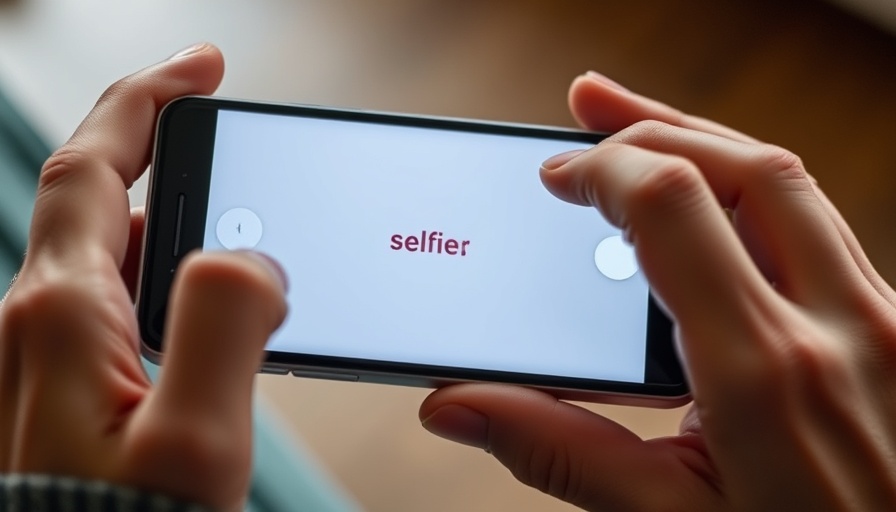
New Dating App 'Tea' Sparks Controversy Among Young Women
The recent emergence of a new dating safety app called Tea has stirred up significant discussion and controversy among young women, particularly in the Metro Detroit area. Marketed primarily to women, Tea enables users to post photos of men they're dating and solicit feedback from other women in the community. This novel approach to dating has sent shockwaves through both social media platforms like TikTok and local communities, prompting a mix of excitement and concern.
In 'Trending 'Tea' dating safety app stirs up drama', the discussion dives into the implications of this new tool for women, exploring key insights that sparked deeper analysis on our end.
The Unique Features of Tea
What sets Tea apart in the crowded app market is its women-only policy. Users are required to submit a clear photo along with their ID before being granted access, effectively creating a secure environment where women can share their experiences and insights about the men they date. The app encourages users to flag potential red flags, and maintains a waiting list for new users, further emphasizing its growing popularity.
The Impact on Local Dating Culture
According to local users, especially within the Middle Eastern communities in Dearborn, the app presents an opportunity for women to share their dating experiences in a safe and supportive environment. "It's crazy how both sides of the spectrum are really dictating my dating life now," said Emily, a frequent user. The app's focus on shared experiences has sparked a wave of interest among young women, who seek reassurance and validation from their peers.
Potential Legal Challenges and Concerns
However, the app's popularity is not without pitfalls. Legal experts caution that men posted on the app could potentially pursue civil or criminal claims if they feel they are being harmed by the shared information. Defamation claims may arise if posts significantly impact personal or professional lives, although truth stands as a defense in these situations. Attorney William Barnwell noted that users should “proceed with caution,” as the app could expose them to issues like electronic harassment if used irresponsibly.
Cultural Relevance and Future Predictions
The Tea app's concept reflects an increasing desire among younger generations for transparency and safety in dating. As social media continues to evolve, one can envision similar platforms emerging, which further encourage accountability among users. The growing popularity of apps like Tea may compel more dating platforms to implement stronger safety features to protect their users.
Finding Balance While Dating
For young women utilizing the app, it poses an opportunity to navigate dating with an extra layer of safety and support. However, as the legal conversations unfold and new regulations may come into play, it will be crucial for users to find a balance between sharing and protecting their privacy. Empowering women with voice and choice in their dating experiences can be incredibly beneficial, but exercising caution and understanding the implications of sharing information is equally important.
In summary, while the Tea app has undeniably become a buzzworthy topic, it’s essential for users to approach it thoughtfully. Engaging in community discussions about dating and safety is critical, especially in the diverse and dynamic communities of Metro Detroit. As users navigate these new social spaces, the lessons learned could pave the way for safer future dating practices.
 Add Row
Add Row  Add
Add 



 Add Row
Add Row  Add
Add 